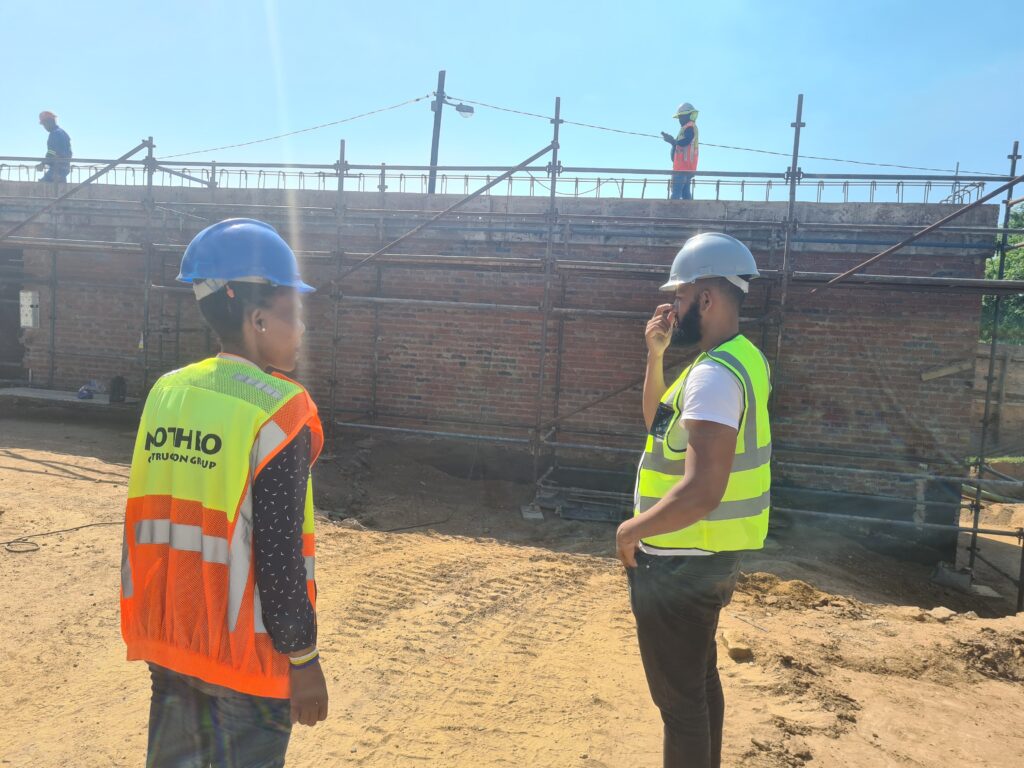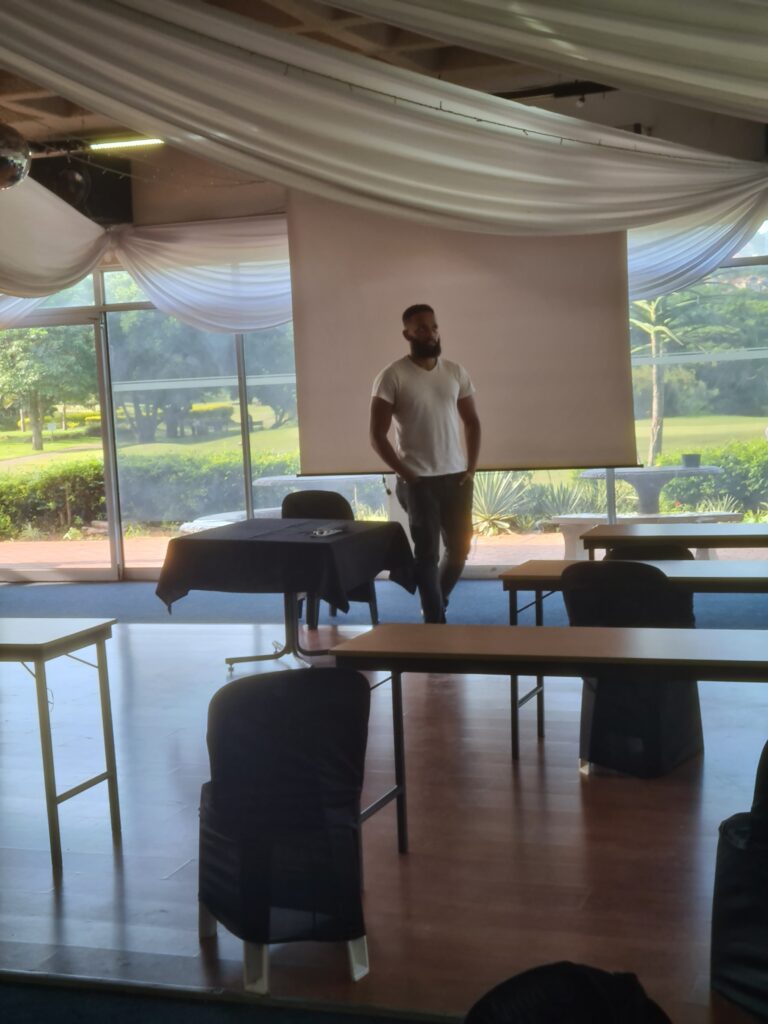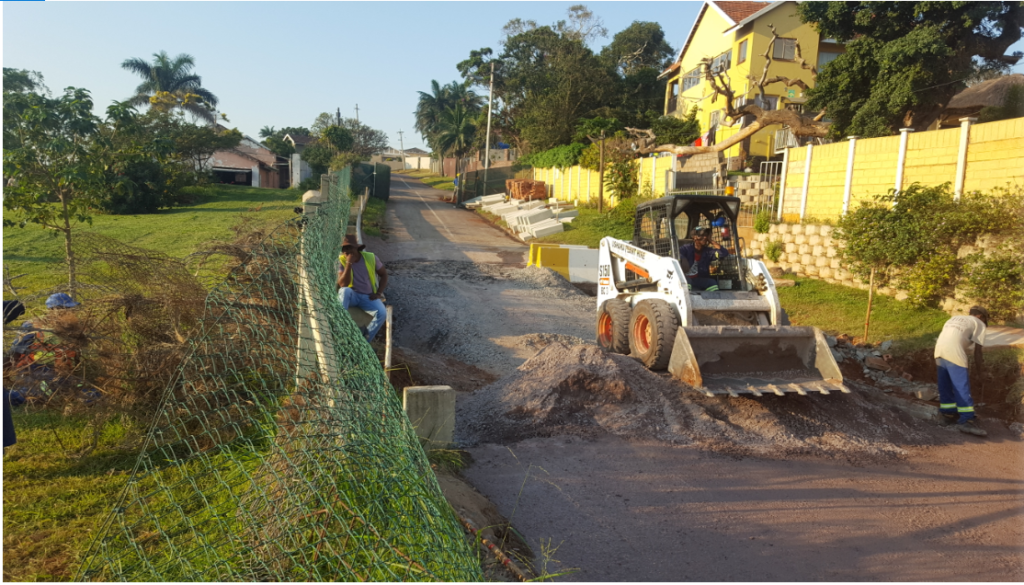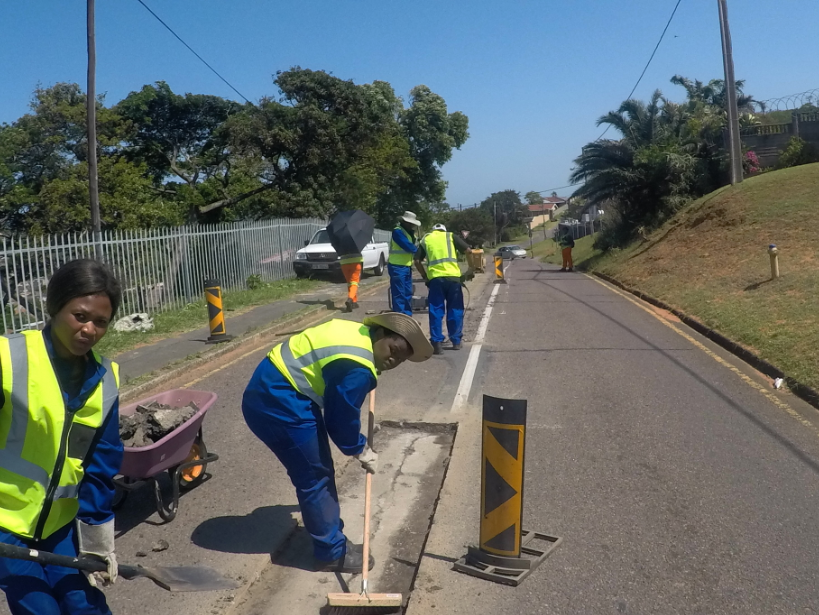
The Importance of Continuous Learning in the CLO Role
As a CLO, your role is dynamic. The needs of the community, the demands of the project, and the regulatory environment are all in constant flux. This means that staying static is not an option. Continuous learning allows you to stay ahead of the curve, adapt to new challenges, and ensure that you are always equipped to serve both your community and your project effectively.
Continuous learning isn’t just about acquiring new knowledge; it’s about applying that knowledge to improve outcomes. Whether it’s understanding the latest government regulations, enhancing your communication skills, or learning new project management techniques, each step you take in your learning journey directly impacts your effectiveness as a CLO.

Identifying Learning Opportunities
There are many resources available to help you continue growing in your role as a CLO. Here are a few key options to consider:
- Training Courses and Workshops:
- Local-Link offers a comprehensive training course specifically designed for CLOs, including workshops, onboarding, and certification. This program is an excellent resource for those looking to build a solid foundation or expand their existing knowledge. You can explore more about these offerings at www.local-link.co.za.
- Government Publications and Gazetted Documents:
- Staying informed about government guidelines is crucial for CLOs. The Department of Public Works regularly releases publications that provide valuable insights into community engagement and project management. Additionally, reviewing government gazetted documents can help you understand the legal framework and the importance of adhering to community engagement guidelines. These documents offer essential information that can guide your interactions and decisions as a CLO.
- Industry Conferences and Seminars:
- Attending industry-specific conferences and seminars can provide you with the latest insights and trends in community liaison work. These events also offer networking opportunities, allowing you to connect with other professionals and share best practices.
- Online Resources and Webinars:
- There is a wealth of online resources available, from webinars to industry blogs, that can help you stay updated on new developments. These are particularly useful for CLOs who may not have the time or resources to attend in-person events.
The Role of Mentorship and Sponsorship in Professional Development
One of the most effective ways to accelerate your growth as a CLO is to find a mentor or sponsor. While a mentor provides guidance and advice, a sponsor is someone who actively uses their network to support your career development. A sponsor should be well-connected within the community, with a strong “rolodex” of contacts that can help you fortify relationships with key stakeholders.
A sponsor can open doors to conversations with influential individuals, helping you establish critical connections that might otherwise be difficult to access. Unlike a mentor who offers advice from a distance, a sponsor is hands-on, ensuring you have the support and resources needed to succeed, rather than leaving you to navigate challenges on your own.

Building a Personal Development Plan
Continuous learning should be strategic. Creating a personal development plan helps you set clear goals and map out the steps you need to achieve them. Here’s how to get started:
- Set SMART Goals: Ensure your goals are Specific, Measurable, Achievable, Relevant, and Time-bound. For example, you might set a goal to complete a specific certification within six months or to attend a certain number of workshops within the year.
- Engage with Your Community: As a CLO, your development plan should include initiatives to deepen your engagement with the community. This might involve meeting with other CLOs in your area to discuss the community’s needs and interests. Consider organizing regular discussions with all Interested and Affected Parties (IAPs) to ensure that everyone’s voice is heard. By taking the initiative to participate in civic and community discussions, you’ll stay attuned to the community’s pulse, allowing you to better serve in your role.
- Regularly Review and Update Your Plan: As you progress, revisit your development plan regularly. Adjust your goals as needed and add new ones as you complete each step.

Potential Career Paths for CLOs
One of the most significant benefits of working as a CLO is the exposure to a wide range of elements within the work environment. This role allows you to gain invaluable experience in community engagement, project management, stakeholder relations, and conflict resolution. These skills are not only crucial for a CLO but also open doors to various career paths, including:
- Project Management: The skills you develop as a CLO are directly transferable to project management roles, especially in industries that require strong community relations, such as construction, infrastructure, and urban development.
- Public Relations and Communications: With your experience in managing community relations, you may find opportunities in public relations, where you can leverage your communication skills to manage corporate communications or community outreach programs.
- Corporate Social Responsibility (CSR): Many companies look for individuals with strong community engagement experience to lead their CSR initiatives, ensuring that their projects positively impact local communities.
- Government and Civic Roles: Your understanding of local governance and community needs could position you well for roles within local government or non-profit organizations focused on community development.
The breadth of experience you gain as a CLO can be a significant selling point in advancing your career in various directions.

Networking and Community Involvement
Networking is a critical component of continuous learning. By connecting with other CLOs, industry professionals, and community leaders, you open yourself up to new learning opportunities and insights.
Consider joining professional associations, participating in online forums, or attending local events. Engaging with your peers allows you to share experiences, learn from others, and stay informed about the latest trends and best practices in community liaison work. It’s also crucial to build and maintain relationships with local ward councillors, committees, and associations. These stakeholders can provide valuable insights and support, helping you navigate the complex dynamics of your role.
The most effective CLOs are those who have their “finger on the pulse of the community.” This means taking the initiative to be actively involved in as many civic and community discussions as possible. By staying engaged, you ensure that you are always aware of what’s happening in the community, which is vital for making informed decisions and effectively advocating for the community’s needs.
The Power of Reflection and Self-Assessment
Continuous learning isn’t just about external resources—it’s also about looking inward. Regular self-reflection and assessment help you identify your strengths and areas for improvement.
Consider keeping a journal to document your experiences, challenges, and lessons learned. This practice can help you track your progress and ensure that you are continuously growing in your role. Additionally, seek feedback from colleagues and stakeholders to gain a broader perspective on your performance.
Conclusion
The journey of a CLO is one of constant growth and adaptation. By committing to continuous learning and professional development, you ensure that you remain effective, relevant, and prepared to meet the challenges of your role. Whether it’s through formal education, mentorship, or self-guided learning, every step you take in your development journey is a step towards better serving your community and your project.
Remember, your growth as a CLO not only benefits you but also empowers the community you serve. Stay curious, stay connected, and always be willing to learn and share your experiences with others. Together, we can build stronger, more resilient communities.